Artists and comics alike, like Robin Williams and Van Gogh, have been known to have problems with their mental health for a long time. In a new study, however, the case is different with magicians. Aberystwyth University says that they don’t go through the inner struggle like other artists do. This is mostly thought to be because the tricks they do are so hard and need precision.
The study was released in the journal BJPsych Open. It looked at the mental health of 195 magicians, and 233 regular people, and compared the results with those from other artistic groups. The results showed that magicians are much less likely to suffer from insanity than artists, singers, and comics on three important measures of psychosis, or losing touch with reality. Also, they are less likely to have dreams or brain jumbles that make it hard to focus. Dr Gil Greengross from Aberystwyth University’s psychology department said that their mental health was more like that of scientists and engineers.
“The results suggest that the link between creativity and mental health is stronger than previously thought,” he said, adding that “creative activities may be associated with mental health or with symptoms of autism.” Magicians excel in precision and overcoming mistakes, often leading to an ‘all or nothing’ answer, resulting in an amazing and terrifying ‘aha’ moment. However, they struggle with spontaneous nonconformity, a trait linked to antisocial behaviour and less self-control, which is often associated with less self-control.
Dr Greengross explained: A botched magic trick has more impact than an unfunny joke, and because it occurs less often, it’s difficult to make up for it. ”Even magic requires a great deal of technical skill. The high stakes of magic shows also make magicians a unique creative group to study among all artistic careers.” Magicians are distinct from other creative individuals as they not only create their magic tricks but also perform them, unlike most creative groups that are either makers or performers, such as poets, writers, composers, and choreographers, who create and interpret others’ work.
“Like comedians and singers and songwriters, magicians are one of the rare groups who do both.” The exceptions are antisocial behaviour and temperance low in relationships, and magicians are worse in this regard. “These qualities are valuable to many creative groups, such as writers, poets, and comedians. Their creative acts are often radical and challenge conventional wisdom.”







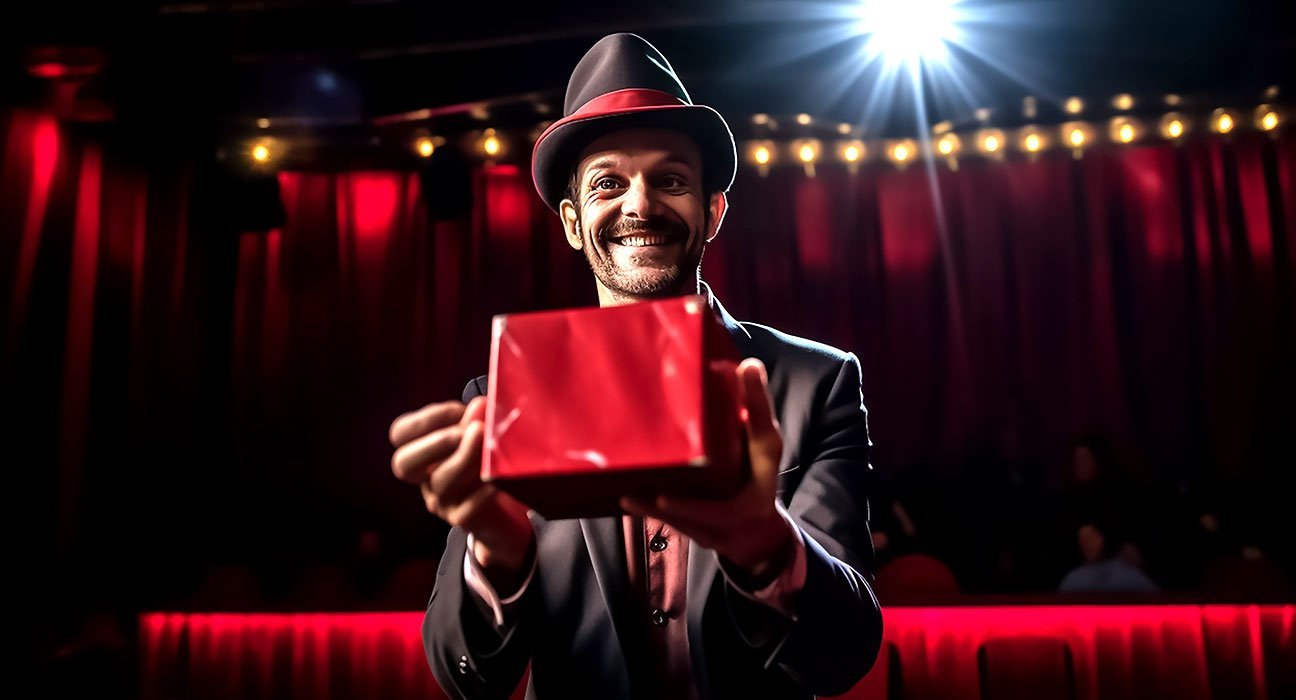
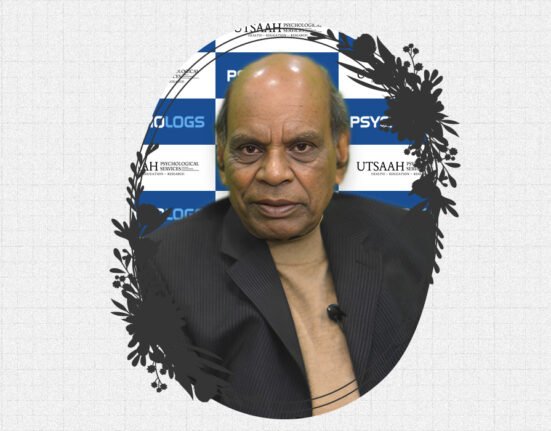
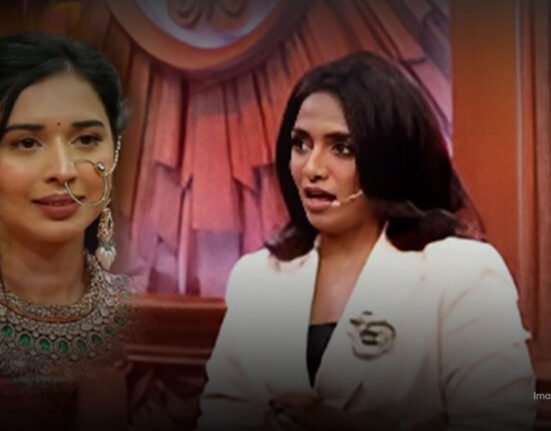
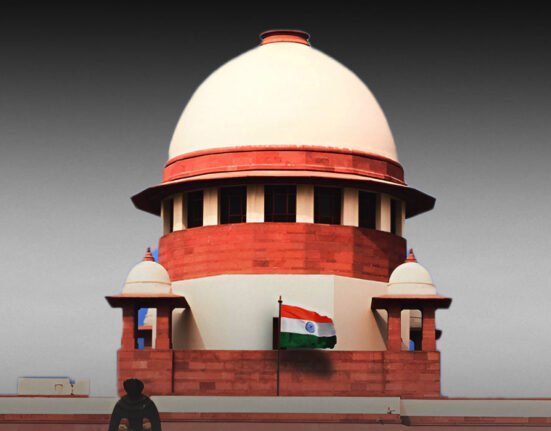

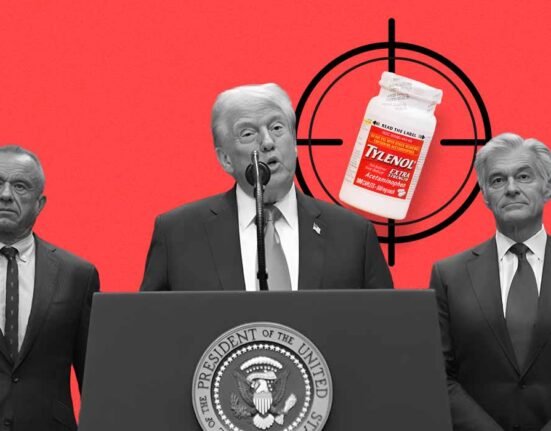
Leave feedback about this